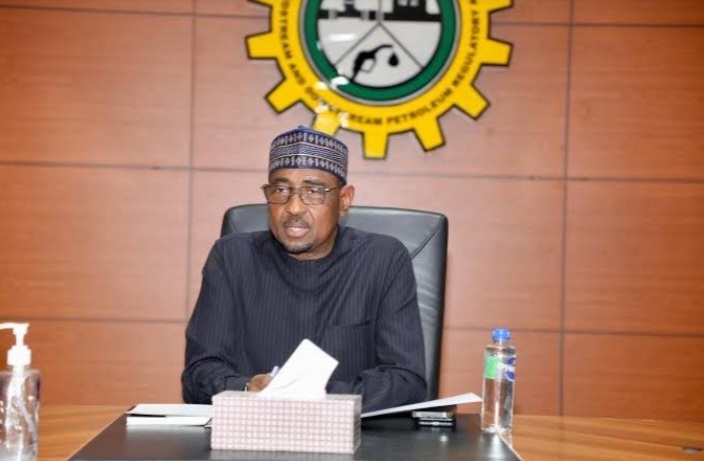Most Products Transportation Pipelines Constructed Without Licence, Authority Chief Reveals

By Stephanie Odiase
Authority Chief Executive of the Nigerian Midstream and Downstream Petroleum Regulatory Authority (NMDPRA), Engr. Farouk Ahmed has revealed that most pipeline systems used in Nigeria for transportation of petroleum products from jetties to depots were constructed without licence as required by extant laws.
Ahmed made the revelation while speaking during the midstream and downstream transportation pipelines stakeholder’s engagement in Abuja with the theme, “Regulatory requirements relevant to petroleum product transportation pipeline systems.”
He explained that the workshop became necessary following the findings of the audit of petroleum product pipelines connecting jetty installations to petroleum product depots which revealed the gap.
Engr. Ahmed stressed the importance for the Authority to engage stakeholders on the development, as well as offer needed guidance required to help them comply with the provisions of the Petroleum Industry Act (PIA) which is the Authority’s principal legislation.
“As your business enabler, we will not just engage you to provide guidance for enhanced safe operations, but also make you part of the decision-making process as key stakeholders. Your viewpoints will count as much as anyone on the team. We, therefore, employ you to feel comfortable and share your thoughts,” Ahmed told participants.
He disclosed that the regulatory agency had laid out a roadmap that establishes solid footing with all stakeholders, and is willing to share the details and get everyone’s input on the subject.
Also speaking, Engr. Francis Ogaree, the Authority’s Executive Director, Hydrocarbon Processing Plants, Installations and Transportation Infrastructure, stated that the agency is empowered to seal off operators of products pipelines without its permit.
Ogaree in his presentation, ‘requirements for regularizations of pipelines License To Operate (LTO)’, informed that Section 174 (4) of the PIA 2021 states that “where a person engages in the construction and operation of petroleum product pipeline without a license or permit issued by the Authority, Authority shall seal the premises where the activity is being undertaken, dismantle, seize and confiscate the pipeline.”
He added that “Section 174 (5) of the PIA 2021 says that such a person commits an offence and is liable on conviction to imprisonment for a term of up to one year.”
While highlighting the benefits of licensing for oil and gas operations, Ogaree explained that licensing legitimizes business operations by enhancing reduced operational risks.
“It provides a positive insurable posture in further enabling the business. Licensing instills operations and maintenance obligations on facilities in ensuring their safety and prolonged operability. Licensing prescribes Health and Environmental protection conditions on the operations thereby enabling sustainable operations,” he explained.
He further revealed that the Authority is committed to regularizing the licensing status of pipelines by providing a three-month window to allow for companies to apply for, and update the License to Operate (LTO) for pipelines.
Additionally, he said, penalties on construction and operating pipelines without licenses (PTS and OPLL) to be waived in regularization of pipeline Operating Licenses, and noted that other steps include providing a waiver on Permit to Survey (PTS) and Oil Pipeline Licenses (OPLL) processes.





























